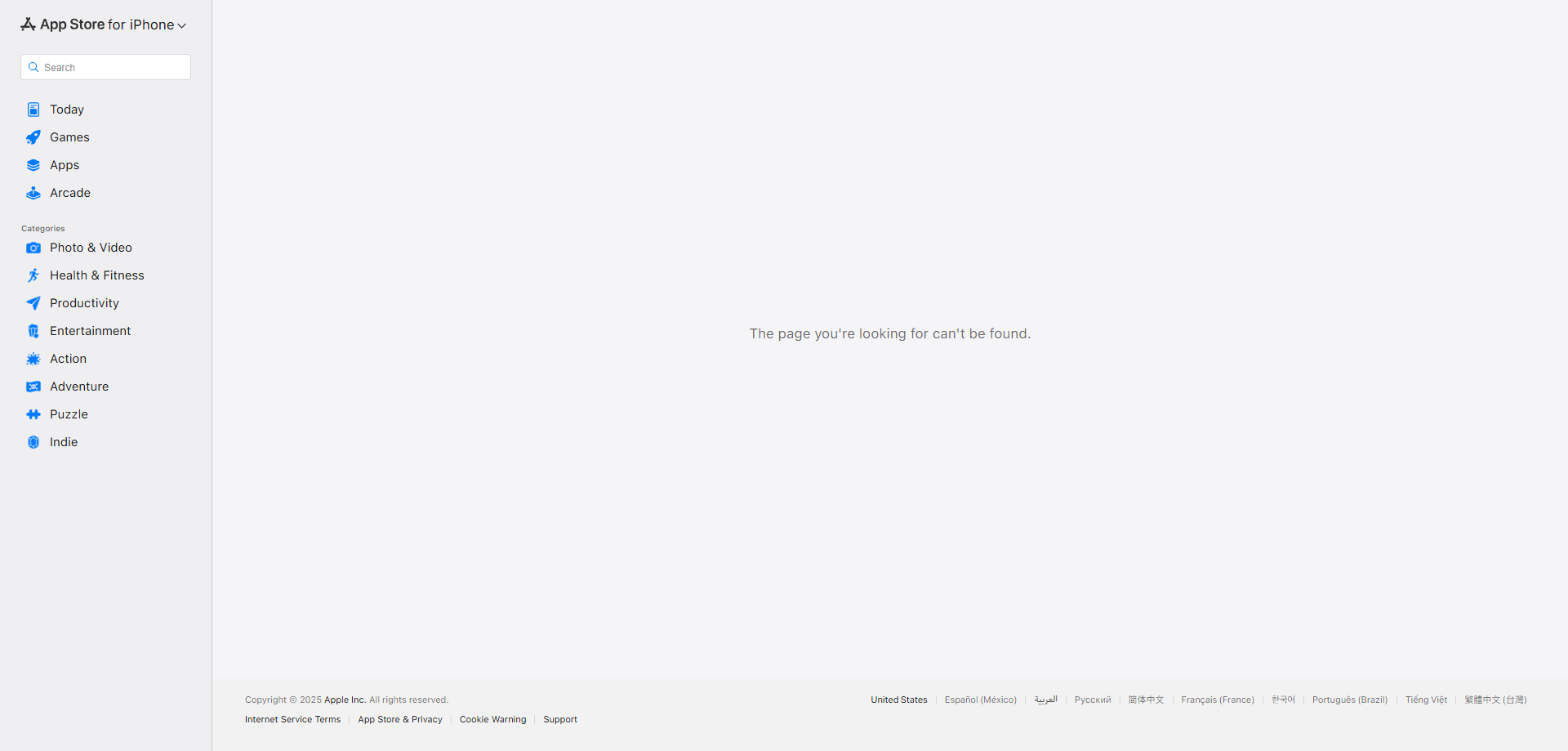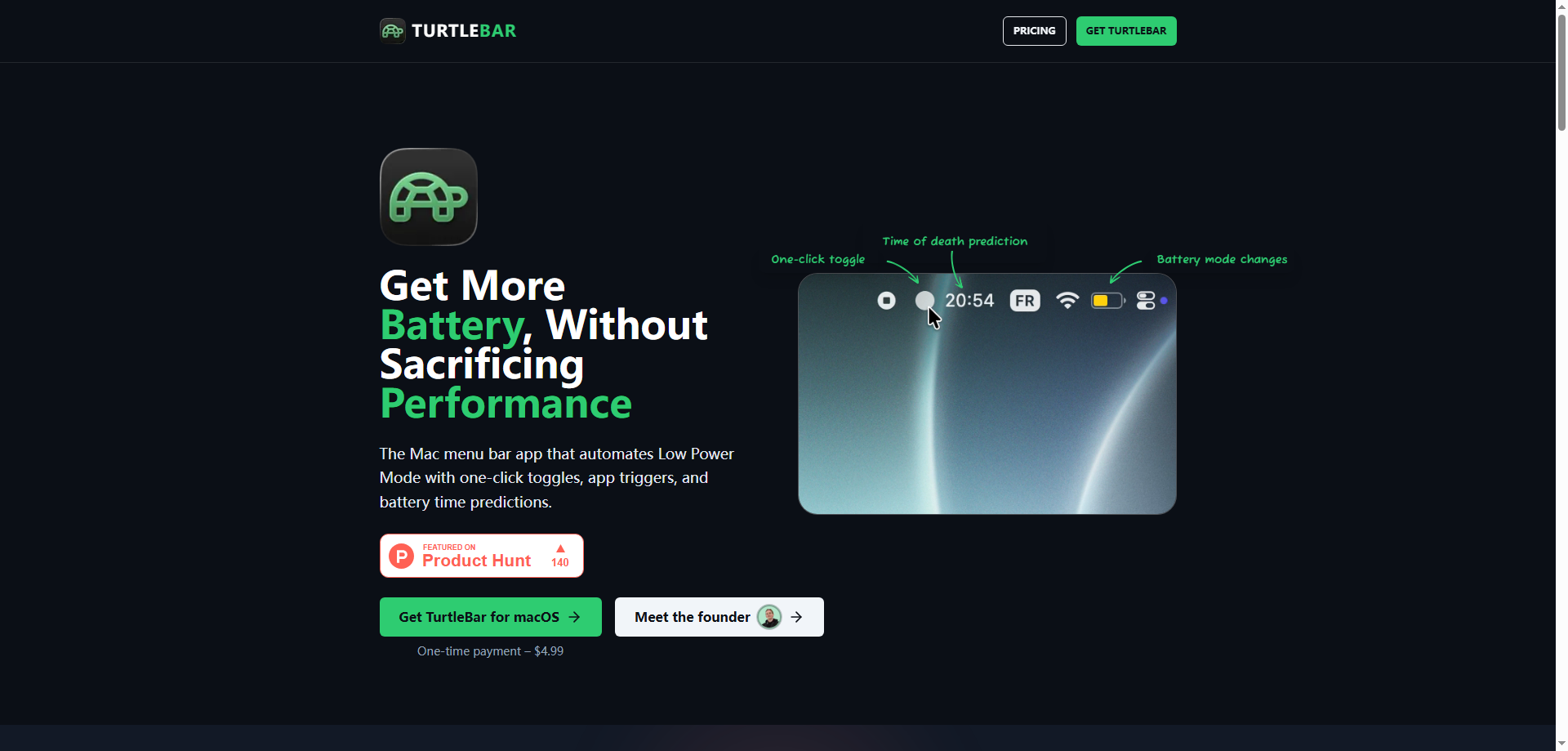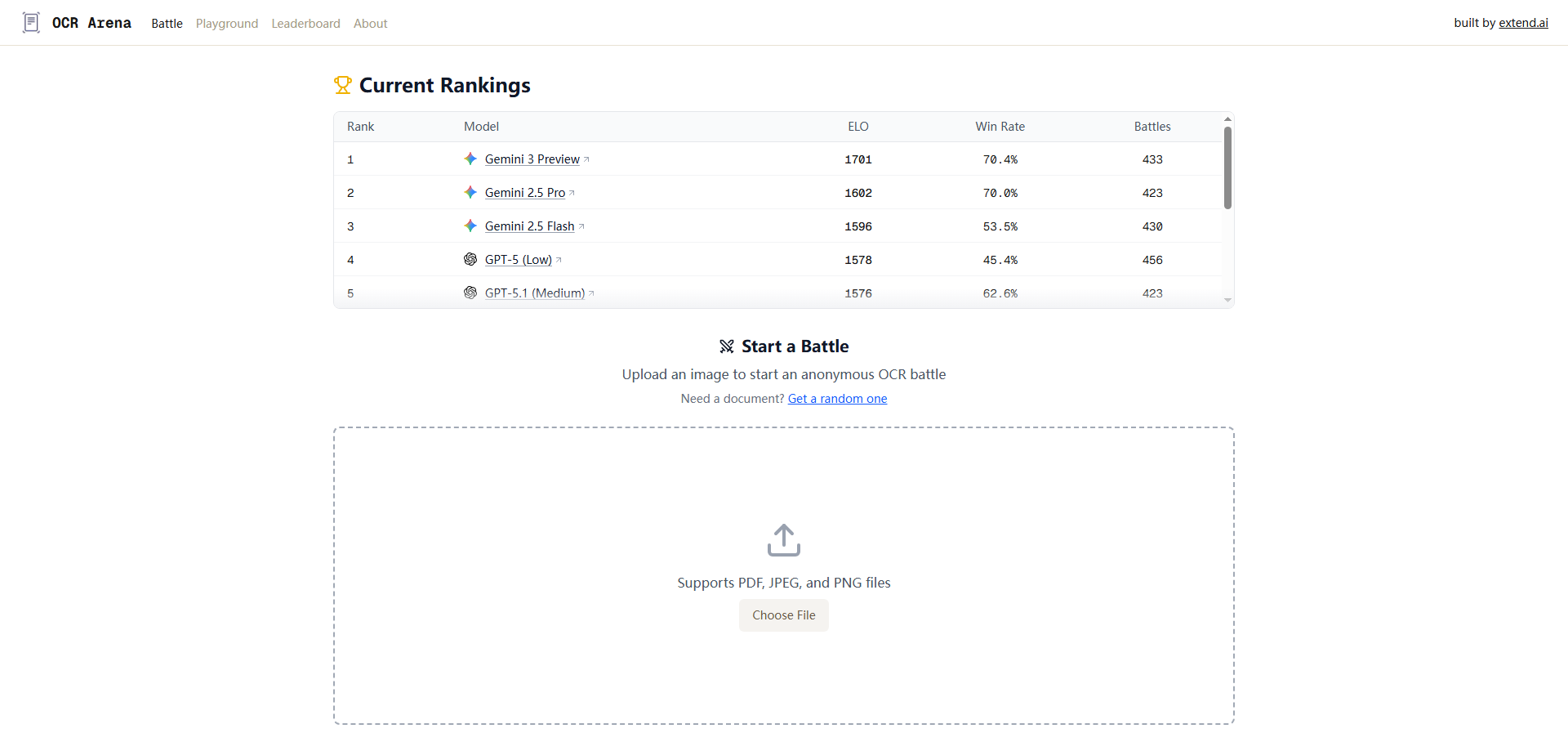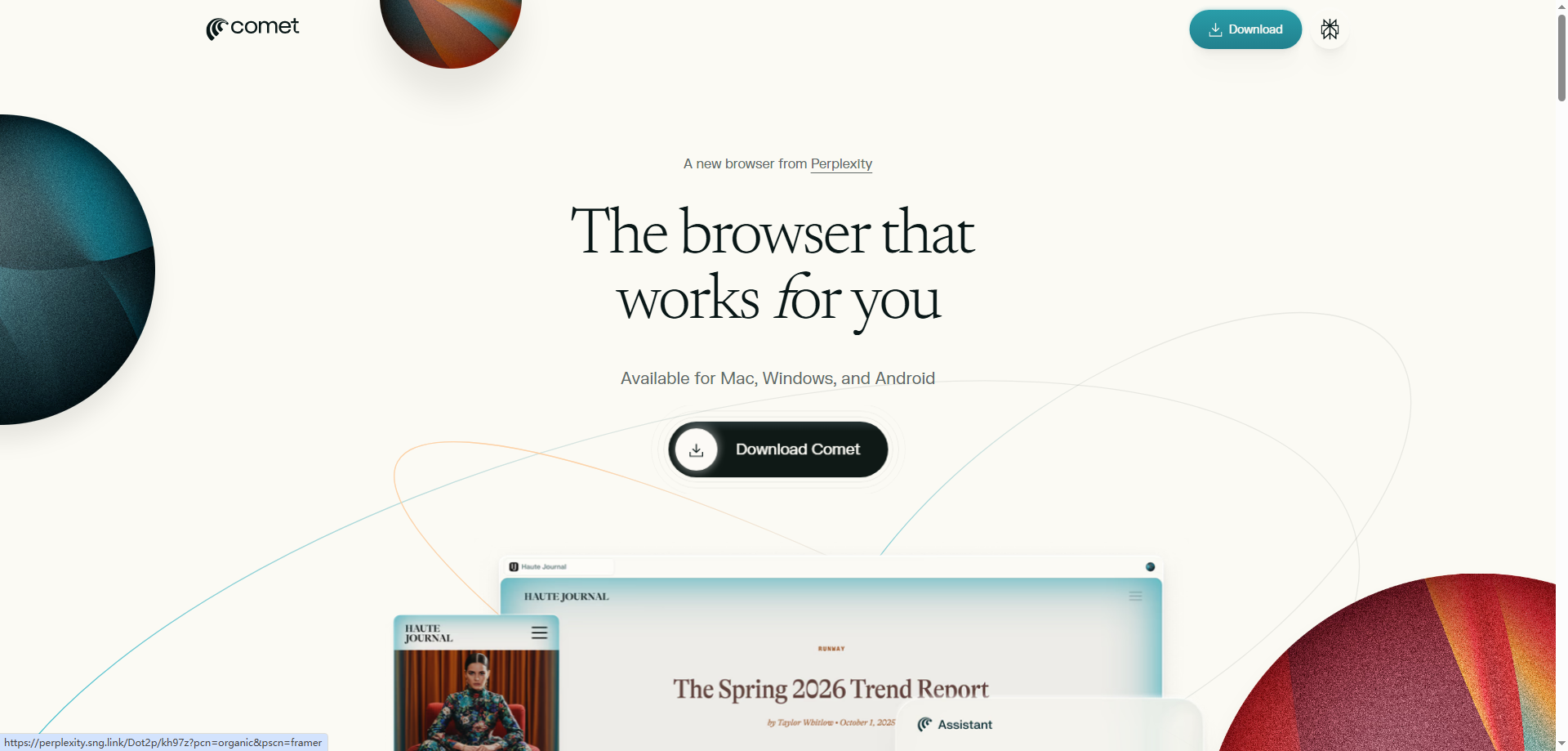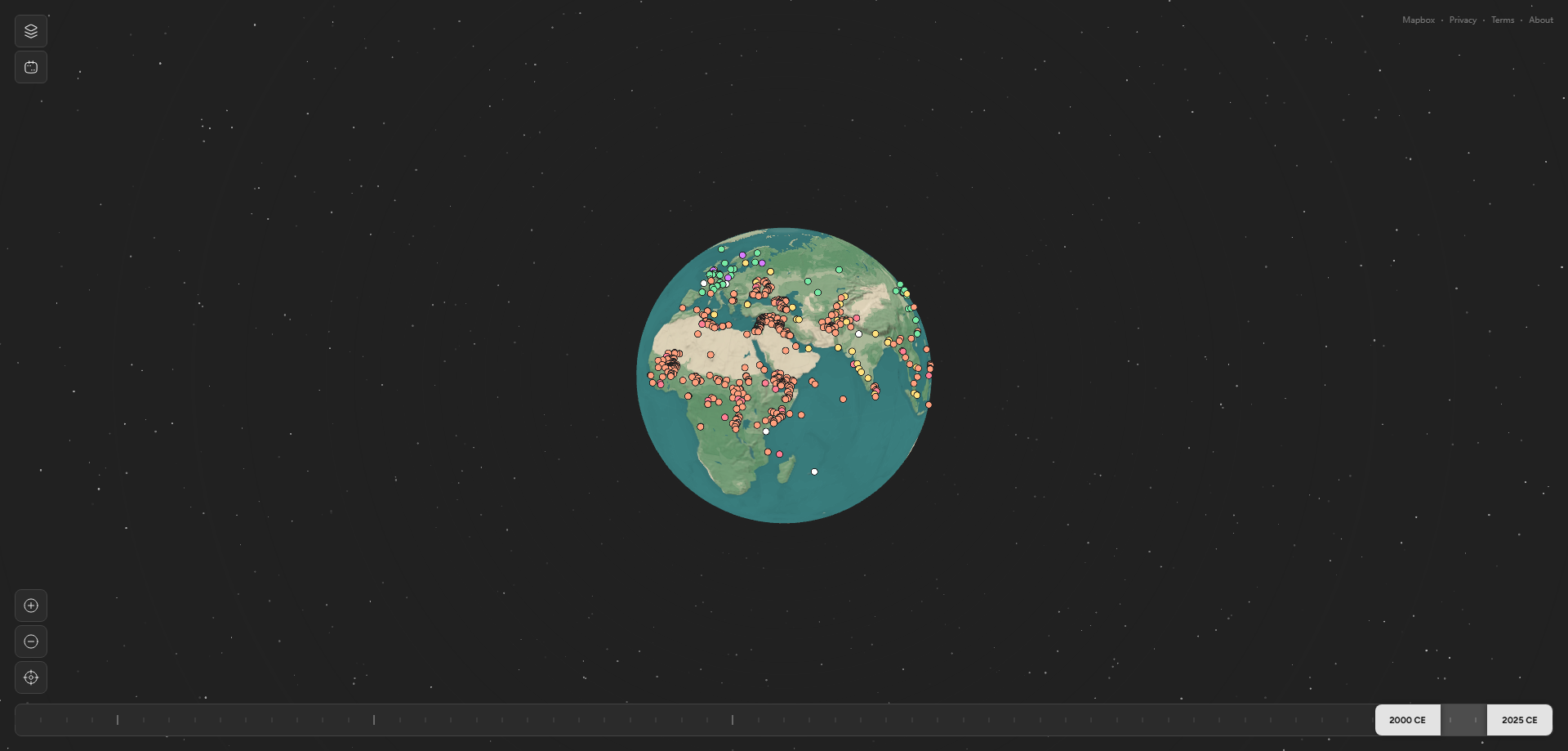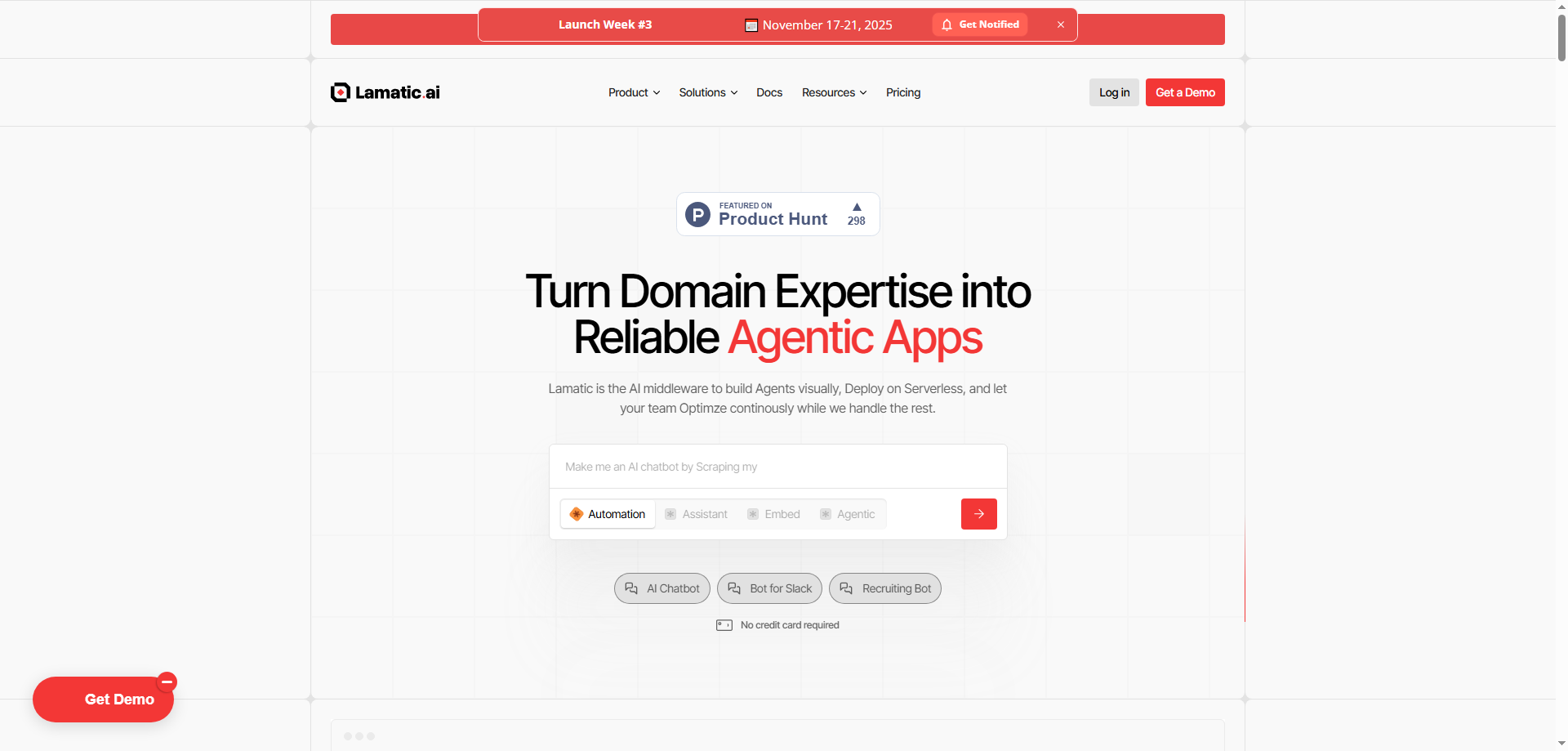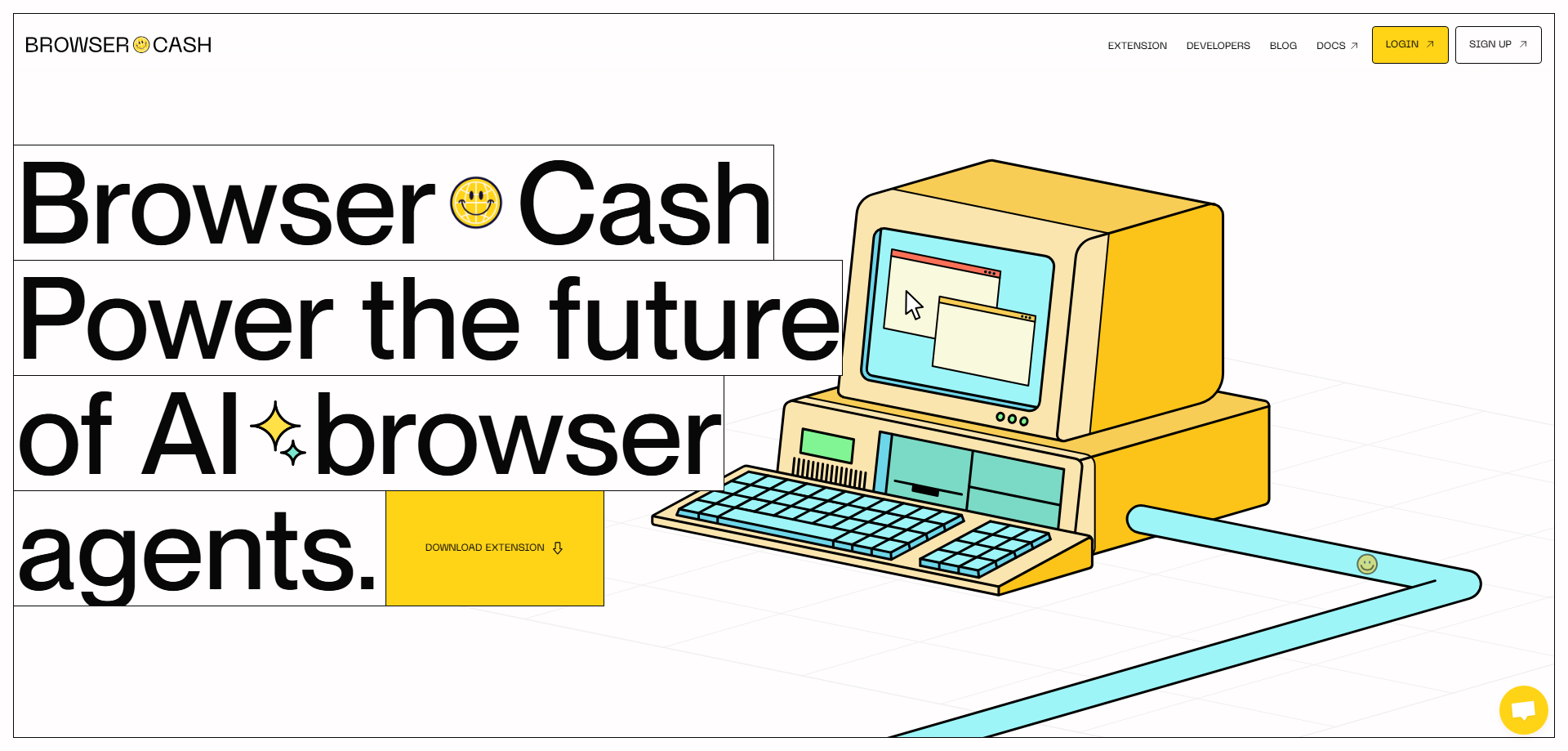The Creative Genius Behind Dimension's Proactive Approach
Let me tell you why Dimension genuinely excites me from a creative standpoint. I've tested dozens of AI assistants over the years, and they all follow the same tired pattern: you ask, they answer. You type a command, they execute it. But Dimension? It's doing something fundamentally different, and that's where the creative brilliance lives.
The core innovation here is shifting from reactive to proactive AI. Instead of waiting for me to realize I need help and then ask for it, Dimension connects to my calendar, email, Slack, and Drive, constantly monitoring my workflow and anticipating what I'll need next. That's not just a feature upgrade—it's a complete reimagining of how AI assistants should work.
What I find particularly creative is how Dimension thinks about context. Traditional AI assistants treat each interaction as isolated. I ask about my schedule, it shows my calendar. I ask about an email, it finds the email. But these tools exist in separate silos. Dimension breaks down these walls by understanding that my calendar appointment at 2 PM is connected to that email thread from yesterday and those Slack messages from my teammate this morning. It's creating a unified understanding of my work that feels genuinely intelligent.
The automation of tedious tasks is where this creativity becomes practical. Instead of me thinking "I should probably prepare for next week's engineering standup," Dimension already knows that standup happens every week, understands what information I typically need, and automatically generates a comprehensive meeting summary pulling from my emails, Slack conversations, and calendar events. That's creative problem-solving that addresses real workflow friction.
I'm also impressed by how Dimension handles technical scenarios like Vercel deployment issues. Most AI assistants would require me to describe the problem, copy error messages, and walk through troubleshooting steps. Dimension proactively monitors my deployments, recognizes common issues based on my work patterns, and attempts to fix them automatically. That's the kind of creative automation that actually saves meaningful time.
The personalization approach deserves credit too. Dimension doesn't just learn generic workflows—it develops deep knowledge of me, my team, and our specific tools. This means the automation gets smarter over time, understanding our unique work patterns and preferences. That's creative because it turns the AI assistant from a generic utility into something that feels custom-built for my specific work environment.
What really stands out is the proactive reminder system. Instead of relying on me to remember everything, Dimension notices when important tasks are falling through the cracks and surfaces them at the right moment. It's like having an incredibly attentive colleague who keeps track of all the details I'm too busy to remember.
Can Dimension Actually Replace Traditional Productivity Tools?
Here's where I get really interested. Can Dimension disrupt and replace the current landscape of productivity tools and AI assistants? My answer is nuanced, but I'm leaning toward yes for specific use cases.
Let's talk about what Dimension is disrupting. Right now, most of us cobble together a fragmented workflow using separate tools: calendar apps for scheduling, email clients for communication, Slack for team messaging, cloud storage for files, task managers for to-dos, and maybe an AI assistant for occasional questions. Each tool operates independently, and I'm the one doing all the integration work in my head.
Dimension fundamentally challenges this fragmented approach. Instead of me switching between tools and mentally connecting the dots, Dimension does that integration automatically. It becomes the intelligent layer sitting on top of all my existing tools, making them work together seamlessly.
For meeting preparation, I think Dimension could completely replace manual processes. Right now, before important meetings, I'm manually searching through emails, checking Slack threads, and pulling up relevant Drive documents. Dimension automates this entirely by understanding the meeting context and automatically gathering everything I need. That's genuinely disruptive to how I currently prepare for meetings.
The automated meeting summaries could replace dedicated note-taking tools and services. Instead of using a separate transcription service or asking someone to take minutes, Dimension handles this as part of its normal operation. The summaries are generated automatically, pulling from multiple sources to create comprehensive overviews.
For task automation, Dimension competes with tools like Zapier or Make, but with a crucial advantage: intelligence. Traditional automation tools require me to manually configure workflows with specific triggers and actions. Dimension learns my patterns and creates automations proactively without me having to set up complex rules. That's a significant leap forward.
However, can it replace everything? I'm skeptical about complete replacement in the short term. Dimension excels as an intelligent automation layer, but I still need my underlying tools—calendar, email, Slack, Drive. It's not replacing these tools; it's making them work better together.
I also don't see Dimension replacing specialized project management tools for complex projects, dedicated CRM systems for sales teams, or enterprise resource planning software. These tools have deep functionality that goes beyond what an intelligent assistant can provide.
Where Dimension truly shines in disruption is replacing the mental overhead of managing multiple tools. I don't need to remember to check three different places before a meeting. I don't need to manually compile information for weekly summaries. I don't need to constantly monitor deployment status. Dimension handles these cognitive burdens automatically.
The technical troubleshooting capabilities, like fixing Vercel deployment issues, could partially replace constant back-and-forth with DevOps teams or searching through documentation. If Dimension can solve common problems automatically, that's eliminating entire categories of interruptions and delays.
So yes, I believe Dimension is genuinely disruptive, particularly for knowledge workers who spend significant time coordinating information across multiple tools. It won't replace every productivity tool, but it could replace substantial portions of the manual work we currently do to make those tools work together.
Will Users Actually Want This Level of Proactive Automation?
This is the critical question that determines whether Dimension succeeds or fails. A proactive AI assistant sounds great in theory, but will users actually accept having an AI that's constantly monitoring their work and taking autonomous actions? I'm cautiously optimistic, but I see both strong acceptance factors and significant barriers.
Let me start with why I think users will embrace Dimension. The core need it addresses is incredibly real. I'm drowning in information scattered across multiple platforms. I waste hours every week searching for emails, preparing for meetings, context-switching between tools, and handling repetitive tasks. Dimension promises to eliminate this pain, and that's a powerful value proposition.
The 370 upvotes on Product Hunt and 49 discussions suggest genuine interest from the target audience. These are likely early adopters and tech workers who understand the problem intimately. That's encouraging for initial acceptance.
What I particularly appreciate is that Dimension doesn't require me to change my existing tools. I can keep using my calendar, email, Slack, and Drive exactly as I do now. Dimension just adds an intelligent layer on top. This low barrier to adoption significantly improves acceptance likelihood because I'm not asking users to abandon familiar workflows.
The time savings are tangible and immediate. When Dimension automatically prepares my weekly engineering standup summary, that's 30-60 minutes I get back every single week. When it proactively reminds me about important tasks with all relevant context assembled, that's preventing dropped balls and reducing stress. These concrete benefits drive user acceptance.
However, I also see significant acceptance challenges. The biggest one? Trust. Dimension is asking me to give it access to extremely sensitive information—my calendar, emails, internal Slack conversations, private documents. That requires enormous trust, especially in an era where data privacy concerns are paramount. Many users will hesitate before granting such broad access to an AI system.
The proactive nature might also feel intrusive to some users. Not everyone wants an AI constantly monitoring their work and making autonomous decisions. Some people prefer explicit control and might find Dimension's proactive actions unsettling rather than helpful. There's a fine line between being helpful and being creepy.
The accuracy question looms large. If Dimension generates a meeting summary that misses critical points or fixes a deployment issue incorrectly, user trust evaporates quickly. The AI needs to be extremely reliable because proactive mistakes are more damaging than reactive errors.
Enterprise acceptance faces additional hurdles. IT departments will scrutinize Dimension's security, compliance, and data handling practices intensely. Getting approval to integrate with corporate systems could be a lengthy process that slows adoption.
The learning curve might also impact acceptance. Users need to understand what Dimension can do, how it works, and when to trust its autonomous actions versus when to intervene. That requires education and time investment.
But here's why I'm still optimistic about user acceptance overall: the pain points Dimension addresses are intensifying, not diminishing. As we use more tools, handle more information, and face more interruptions, the need for intelligent automation grows stronger. Early adopters who overcome the trust barrier and experience the time savings will become advocates, driving broader acceptance.
The key to acceptance will be transparency and control. If Dimension clearly shows me what it's doing, lets me easily override or adjust its actions, and demonstrates reliability over time, I think most users will embrace it enthusiastically. We're already trusting AI with increasingly important tasks; proactive workplace automation feels like a natural next step.
My Survival Rating and What Lies Ahead
Alright, let me give you my honest assessment. I'm rating Dimension 3.5 out of 5 stars for survival probability over the next year. That might sound middling, but let me explain why this reflects both genuine potential and real challenges.
Why I'm giving 3.5 stars (the positive factors):
The market opportunity is absolutely massive. Every knowledge worker struggles with tool fragmentation and information overload. Dimension addresses a universal pain point that's only getting worse as we adopt more tools. That's a strong foundation for survival.
The Product Hunt reception (370 votes, 49 discussions) shows decent initial traction. While not explosive, it demonstrates that the target audience recognizes the value proposition. That's better than launching to crickets.
The proactive AI approach provides genuine differentiation. Most AI assistants are reactive; Dimension's proactive model creates a defendable position that's harder for competitors to copy effectively. This technical moat matters for long-term survival.
The integration strategy is smart. By connecting existing tools rather than replacing them, Dimension reduces adoption barriers and increases its value as more integrations are added. This creates potential for network effects and stickiness.
Why I'm not giving higher (the significant risks):
Competition is absolutely fierce. Dimension is entering a space with well-funded giants like Microsoft (with Copilot), Google (with Workspace AI), Notion (with AI features), and countless startups. Standing out and surviving requires exceptional execution and probably significant funding.
The trust barrier is enormous. Convincing users to grant broad access to their sensitive work data is a massive challenge. One security breach or privacy incident could be fatal. Building and maintaining that trust requires resources and time that many startups don't have.
The technical complexity is daunting. Reliably understanding context across multiple tools, making accurate proactive decisions, and avoiding costly mistakes requires sophisticated AI that's expensive to develop and maintain. If the AI quality isn't consistently excellent, users will abandon the platform quickly.
The monetization model is unclear. How does Dimension price this? Per-user subscription? Usage-based? Enterprise licensing? Finding the right pricing that's accessible enough for adoption while generating sufficient revenue is notoriously difficult for productivity tools.
The enterprise sales cycle could drain resources. While individual users might adopt quickly, getting enterprise-wide deployments requires long sales cycles, extensive security reviews, and significant support resources. That could burn through runway before achieving profitability.
The opportunities that could boost survival:
If Dimension executes well, the viral potential is strong. When one team member starts saving hours per week with automated summaries and proactive assistance, teammates will notice and want the same benefits. That organic growth could accelerate adoption significantly.
Enterprise expansion represents huge upside. Once Dimension proves value with individual teams, expanding to organization-wide deployment could generate substantial recurring revenue. Large enterprises desperately need better workflow automation.
Platform ecosystem development could create defensibility. As Dimension adds more tool integrations and learns more about various workflows, it becomes increasingly valuable and harder to replace. That stickiness improves survival odds.
Acquisition potential exists. If Dimension gains traction but struggles with independent scaling, larger players like Slack, Microsoft, or Google might see acquisition value. That provides an exit path even without full independent success.
Partnership opportunities abound. Integrating deeply with platforms like Slack, Microsoft Teams, or Google Workspace could provide distribution channels and credibility that accelerate growth.
The bottom line on survival:
I'm giving 3.5 stars because Dimension faces very real challenges but also has genuine potential. The market is there, the problem is real, and the approach is innovative. However, execution risks are substantial, competition is intense, and building the necessary trust takes time.
For Dimension to survive and thrive, they need to:
- Achieve product-market fit quickly with a specific user segment
- Build bulletproof security and privacy practices
- Maintain consistently high AI accuracy to build trust
- Secure adequate funding to weather the growth period
- Differentiate clearly from the flood of AI assistant competitors
The next year will be critical. If Dimension can demonstrate clear ROI for users, build a loyal customer base, and establish partnerships or integrations that provide defensibility, survival odds improve significantly. If they struggle with any of these factors, the road gets much harder.
Final Thoughts
After examining Dimension from multiple angles, I keep returning to one central insight: we desperately need better ways to manage the complexity of modern work, and proactive AI automation represents a promising path forward.
Dimension's creative approach of anticipating needs rather than waiting for commands, its potential to disrupt fragmented productivity workflows, the genuine user needs it addresses, and its reasonable but uncertain survival prospects all paint a picture of a product at an interesting inflection point.
Will Dimension revolutionize how we work? Maybe. Will it face significant challenges? Definitely. But the core idea—an AI assistant that actually understands my work context and proactively handles tedious tasks—feels like where the industry is heading.
For teams drowning in meetings, emails, and tool-switching, Dimension deserves serious consideration. It's not perfect, it's not guaranteed to succeed, but it's tackling a real problem with a genuinely innovative approach. And sometimes, that's exactly what we need to move the productivity conversation forward.


